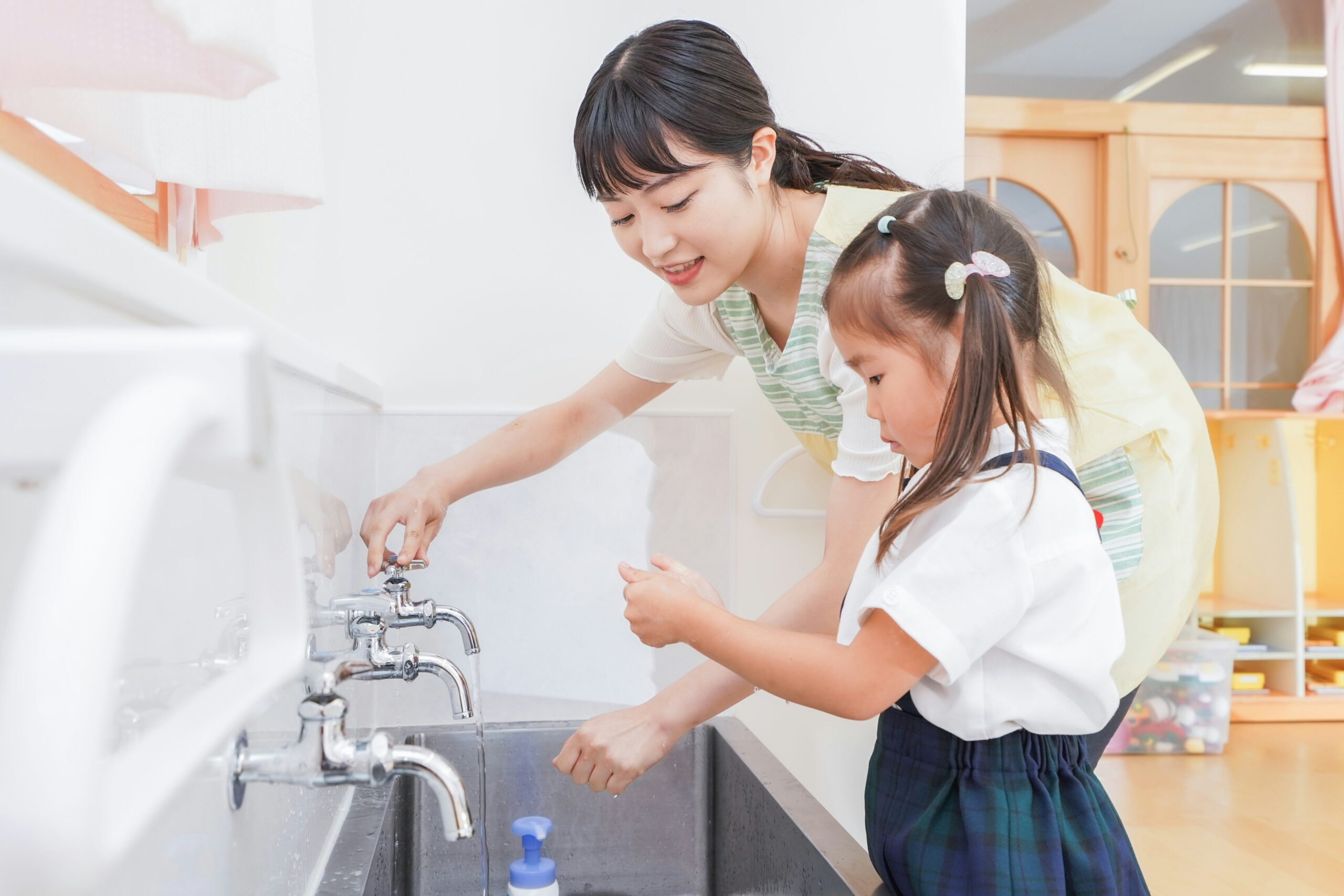


#Education #reduce #Sustainability at School #Sustainable Schools #Water Conservation #Water Consumption
Alidia Vane
Every day, the average school uses a significant amount of water – just think of the number of sinks, water faucets, toilets, and other water fixtures needed to supply a whole school! Schools and individuals can track their water usage through a water audit, which helps them understand their water consumption habits and total impact. However, there are also some easy changes that schools can make to reduce their water consumption and lead the fight against water scarcity.
The first set of improvements addresses individual water consumption habits within the school. If each teacher, student, and staff member consumed just a little less water per day, those tiny reductions would add up to a massive reduction in overall water usage. An individual can significantly reduce their water consumption by turning off the water when scrubbing their hands or brushing their teeth. Swapping single-use plastic water bottles for reusable options is also an important habit. Schools can encourage these sustainable water consumption habits by offering relevant reminders, signage, classroom lessons, and/or hands-on activities.
In addition to encouraging sustainable habits, schools can also make positive changes to their built environment to reduce water consumption. For example, by installing aerators in water faucets or dual-flush toilets in restrooms, schools can reduce water usage without sacrificing utility. Schools can also add automatic shut-off devices to faucets and locker room showers to encourage sustainable consumption. Outside of the building, schools can also reduce their water usage by installing a rainwater collection system, switching to a more efficient irrigation system, and using mulch and compost in flower beds to increase natural water retention. Schools should also actively monitor for water leaks and repair them immediately to prevent waste. To engage students in these initiatives, schools can consider launching water conservation contests or challenges (learn more about these and other suggestions for increasing student engagement at the “Action” link, below).
By instilling mindful water consumption habits and demonstrating water conservation best practices, schools can have a significant impact in the global movement for water conservation. In addition to reducing their own consumption, schools will be modeling these behaviors for students to implement in their own lives, both in and out of school.
Which of these is a best practice for engaging students in water conservation efforts?